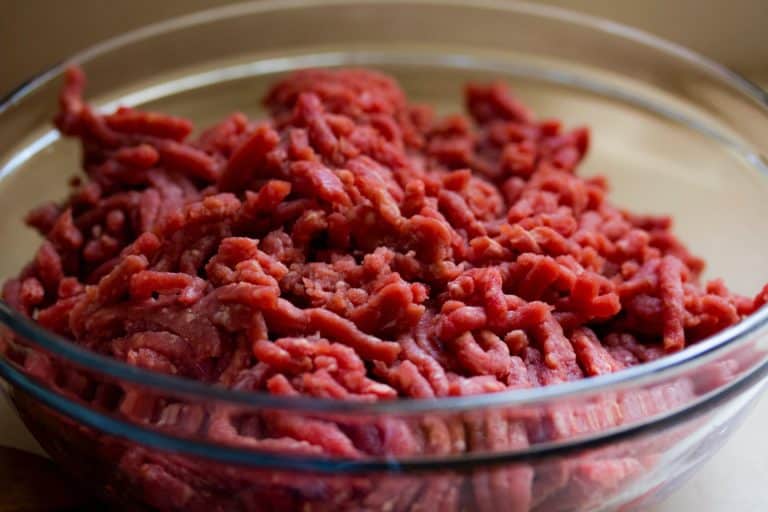Let us teach you how to meal prep!
We curate the best meal prep recipes and create weekly meal plans so that you can meal prep today, save time tomorrow, and eat healthy for life.
Meal Prep Recipes
Meal prep recipes that are easy to make, inexpensive, and healthy!
All Time Most Popular
Meal prep reader favorites from cheap recipes, cookware, and cooking how tos.














